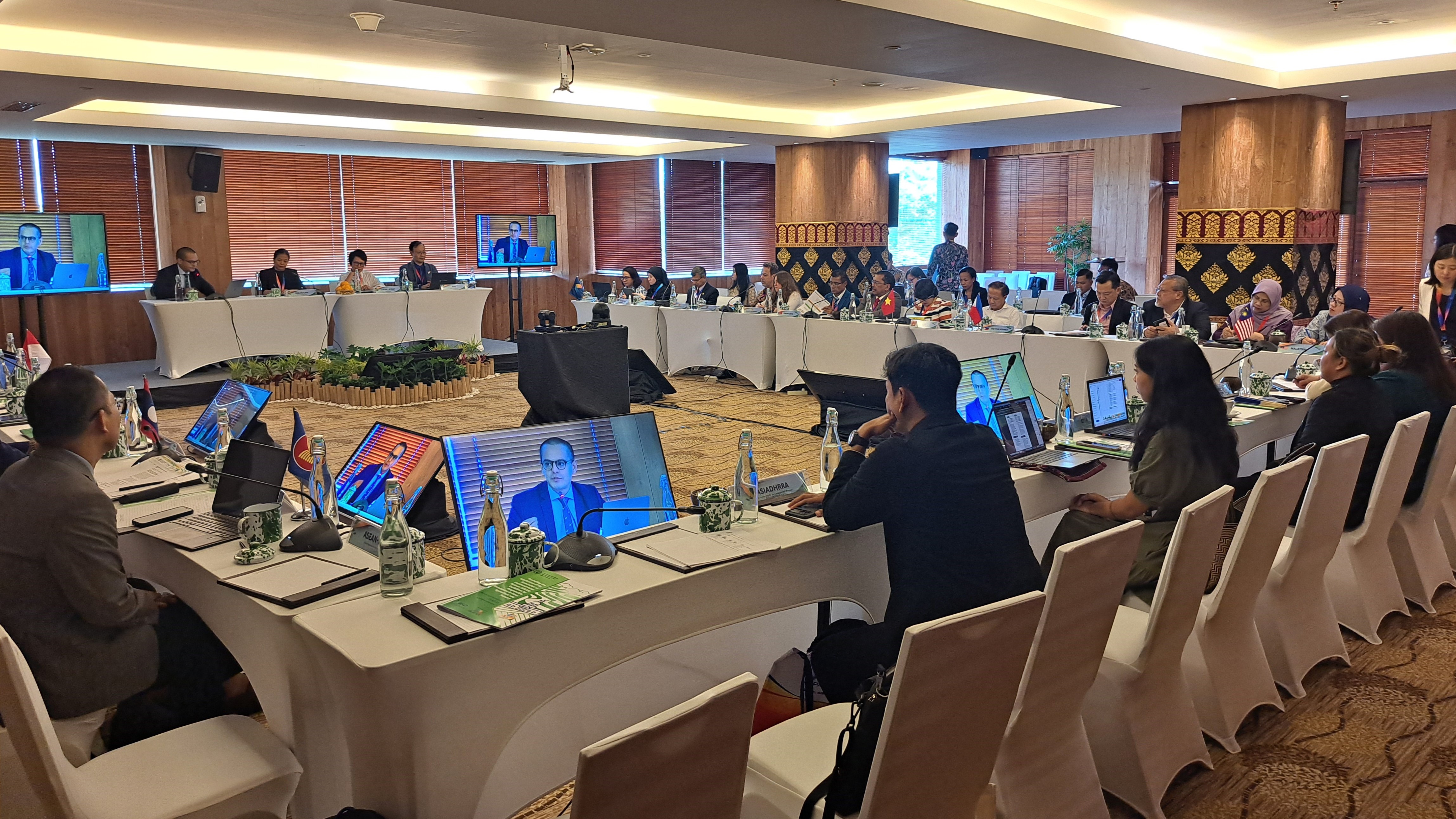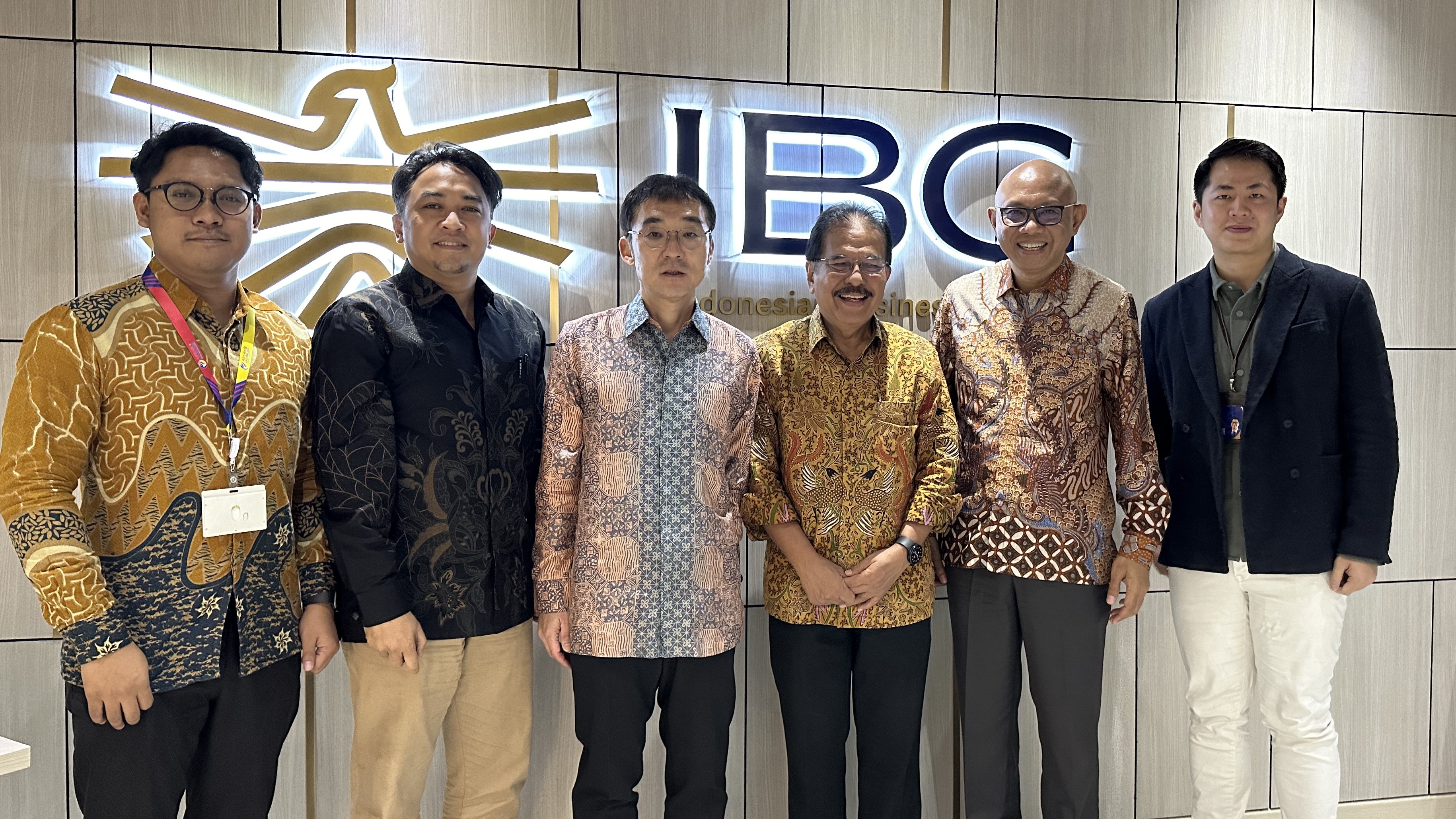China Seeks Stronger ASEAN Ties
Share Article:
Print Article:
By Mr Kavi Chongkittavorn, Senior Communications Advisor: ASEAN and China will celebrate the 30th anniversary of bilateral relations next year and at issue is whether Asean will be willing to upgrade the country's status to 'comprehensive strategic partner'. Beijing is hopeful that there will be a consensus among the 10-member countries to further strengthen their all-round cooperation and propel their partnership to a new level.
Since January, Asean-China ties have been exclusively focused on the battle against Covid-19. Their foreign ministers were first to hold talks on ways and means to deal with the deadly outbreak together in the most efficient way. China has also provided assistance, including medical teams and materials such as ventilators, masks, protective suits and testing packages, to Asean members tackling Covid-19.
Due to the pandemic, the second reading of the single draft of the code of conduct (COC) in the South China Sea could not proceed. China had previously insisted that negotiators meet in person to work on the document, which is considered highly sensitive and confidential. The first reading of the COC single draft was completed smoothly last year and the two sides used a meeting of officials early this month to explore new ways of moving the process forward.
If all parties can agree on the COC by the end of 2020, it would mean an agreement would likely be ready for Asean's approval by mid-2021, under its new chair, Brunei Darussalam. It would be a historic document for Asean and China as they have been working on it for nearly two decades.
However, the recent tensions in the South China Sea involving China and three major Asean claimants -- Vietnam, Malaysia and the Philippines -- have undermined longstanding mutual trust between them and even with Asean as a whole. The countries have jointly expressed concerns about China's activities in the disputed maritime zones. At the virtual 35th Asean summit in late June, Asean made clear once again that all sides have to adhere to universally recognised international laws, including the UN Convention on the Law of the Sea.
This month's US show of maritime force in the South China Sea has heightened tensions and Washington went further, stating that most of the Chinese claims were unlawful. For the first time, the US openly backed the Asean position that it would take no position in the dispute. Last week, US State Secretary Mike Pompeo went ballistic, attacking the Chinese Community Party and urged allies and friends to be assertive against China.
Obviously, without any tangible progress on the second reading, the "comprehensive strategic partner" status will remain elusive. Truth be told, China is very proud of its ties with Asean and Beijing often views them as very special. After obtaining "dialogue partner" status in 1996 and "strategic partner" status in 2003, Beijing's ties with Asean have strengthened non-stop and have transformed them as one of the bloc's key relationships. China was also the first major power to accede to the Treaty of Amity and Cooperation (TAC), four months ahead of India in 2005, as well as concluding a free-trade agreement with Asean.
China's submission poses a huge challenge for Asean. Some members are very cautious, stressing that doing so would have a long-term impact on the bloc's ties with other key strategic partners, especially the US, Japan, Australia and India. These strategic partnerships are all unique in their own way. Furthermore, Asean has yet to come to grips with the real meaning and substance of the so-called "comprehensive" nature of strategic relations. Further clarifications from Beijing are urgently needed.
In the post Covid-19 world, China is broadening and deepening its partnership network around the world to preempt a further deterioration of its relations with the US. So far, China has established strategic partners with nearly 70 countries in all continents to promote common interests and prevent isolation. Using freshly earned credit and influence over the public healthcare and its effective anti-Covid-19 campaign, Beijing has carefully nurtured its reputation to serve as a building block for other diplomatic undertakings.
China's push comes amid dramatically increased US pressure. For Asean's part, further strengthening its links with Beijing must promote and support the group's resilience against external pressure, not undermine it.
This opinion piece was written by ERIA's Senior Communications Advisor, Mr Kavi Chongkittavorn, and has been published in The Bangkok Post. Click here to subscribe to the monthly newsletter.








